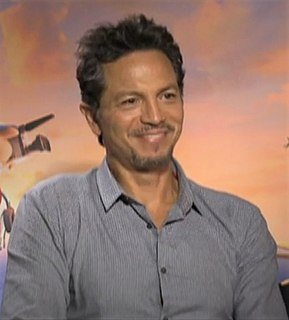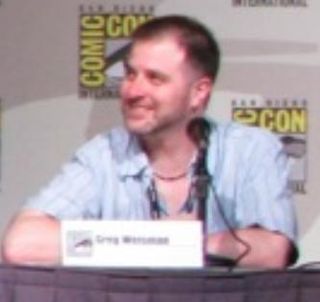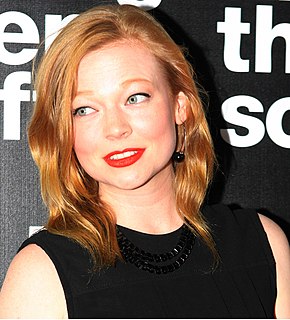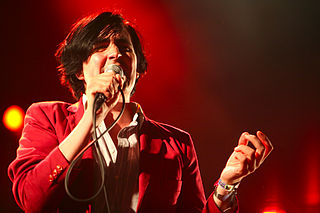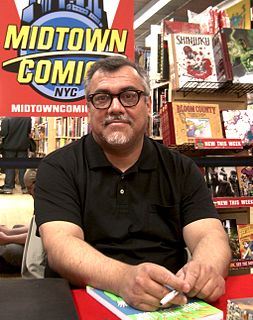A Quote by Marc Guggenheim
In DC Comics, Blue Devil is a superhero who came out of a movie.
Related Quotes
When I got out of college I worked for DC comics. I worked on staff there and I also freelanced for them for about a decade. I spent two years on staff as an editor right out of college. I'm from Los Angeles and I came back here after a couple of years in New York, to go to Graduate School at USC. I wasn't thinking specifically about animation although while I'd worked at DC.
I looked out into the audience, saw dozens of faces I knew well - LGBTQ folks, mostly - all avid comics readers and superhero fans and DC supporters, and it just hit me: Why was this so impossible? Why in the world can we not do a better job of representation of not just humanity, but also our own loyal audience?
The Devil is right at home. The Devil, the Devil himself, is right in the house. And the Devil came here yesterday. Yesterday the Devil came here. Right here. And it smells of sulphur still today. Yesterday, ladies and gentlemen, from this rostrum, the president of the United States, the gentleman to whom I refer as the Devil, came here, talking as if he owned the world. Truly. As the owner of the world.
All our songs are about real people, true events. We do write about DC Comics and things like The Replacements. It's pretty much good conversations that happen at Art Brut shows. It's like making friends - like a Wanted ad: "Man that likes the Replacements and DC Comics wants friends to drink with at venue tonight. Who's coming?" It's like that.

